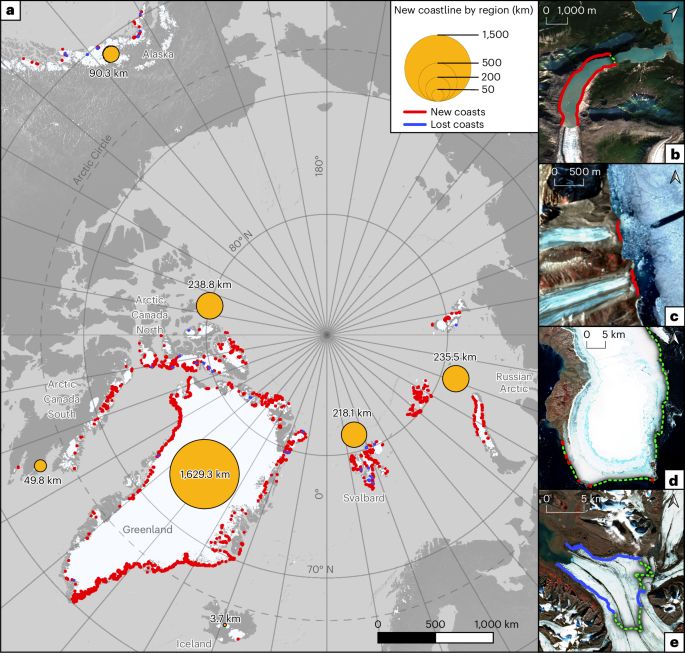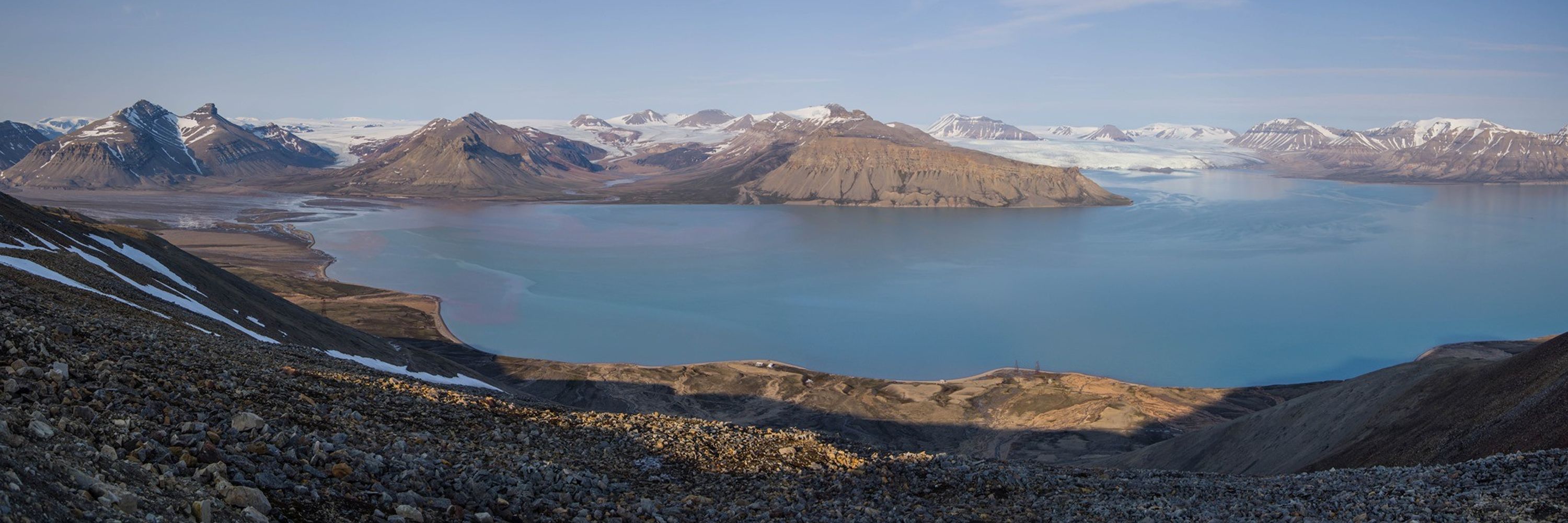
Centre for Polar Ecology
@cpecz.bsky.social
The Centre for Polar Ecology (CPE) was established in 2013, and its main goal is to conduct and support research in polar ecology at the Faculty of Science at the University of South Bohemia in České Budějovice, Czechia.
P.S. The next Polar Ecology course is coming up in summer 2026. 😉
🧵👆
🧵👆

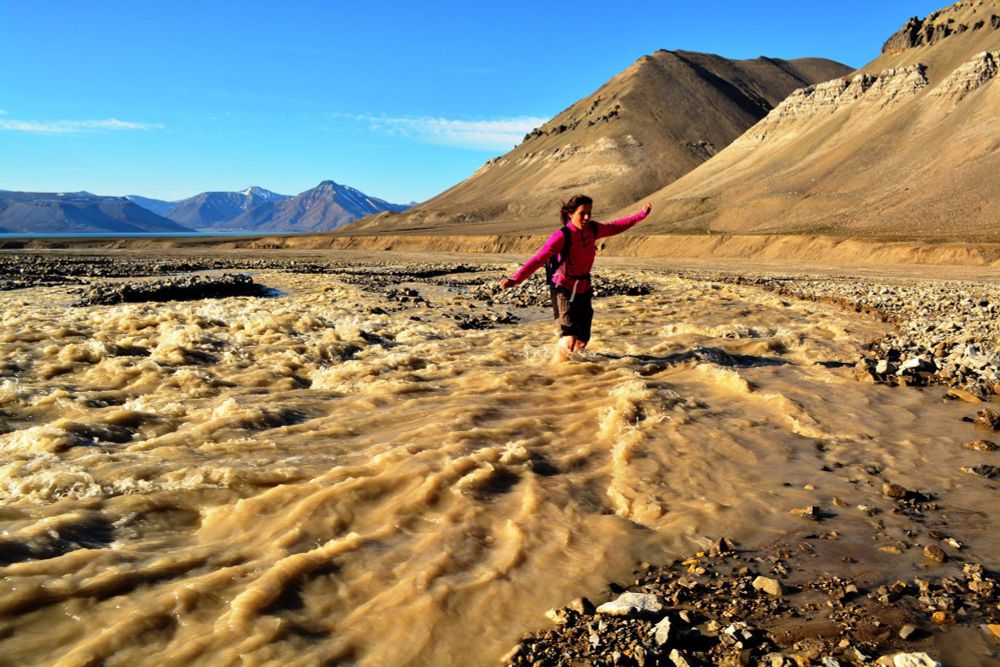


June 17, 2025 at 2:59 PM
P.S. The next Polar Ecology course is coming up in summer 2026. 😉
🧵👆
🧵👆
Let’s hope for exciting discoveries—and we wish Lucas the best of luck on this extraordinary mission to Mars! 🚀🔬

June 17, 2025 at 2:57 PM
Let’s hope for exciting discoveries—and we wish Lucas the best of luck on this extraordinary mission to Mars! 🚀🔬
The Rosalind Franklin rover will carry a 2-meter-long drill, allowing it to search beneath the Martian surface, where the odds of finding signs of life are much higher than on the surface, due to the harsh conditions above.

June 17, 2025 at 2:57 PM
The Rosalind Franklin rover will carry a 2-meter-long drill, allowing it to search beneath the Martian surface, where the odds of finding signs of life are much higher than on the surface, due to the harsh conditions above.
Lucas told us that the Polar Ecology course in Svalbard played a key role in preparing him for this amazing opportunity at ESA. And it was also the key factor on his CV. We're thrilled to hear that!



June 17, 2025 at 2:56 PM
Lucas told us that the Polar Ecology course in Svalbard played a key role in preparing him for this amazing opportunity at ESA. And it was also the key factor on his CV. We're thrilled to hear that!
Using data from current orbiters like NASA’s Mars Reconnaissance Orbiter and ESA’s Mars Express, the team is identifying target areas that could hold clues to past—or even present—life on Mars.


June 17, 2025 at 2:55 PM
Using data from current orbiters like NASA’s Mars Reconnaissance Orbiter and ESA’s Mars Express, the team is identifying target areas that could hold clues to past—or even present—life on Mars.
Back then, much of Mars’s northern hemisphere may have been covered by a vast ocean.

June 17, 2025 at 2:54 PM
Back then, much of Mars’s northern hemisphere may have been covered by a vast ocean.
Lucas is involved in mapping the rover’s landing site: Oxia Planum, an area that is astrobiologically promising because it's believed to have been part of a Martian coastline billions of years ago.

June 17, 2025 at 2:54 PM
Lucas is involved in mapping the rover’s landing site: Oxia Planum, an area that is astrobiologically promising because it's believed to have been part of a Martian coastline billions of years ago.
He’s now part of the team planning the upcoming ExoMars rover mission, named after the pioneering scientist Rosalind Franklin. The launch is scheduled for 2028. @exploration.esa.int

June 17, 2025 at 2:54 PM
He’s now part of the team planning the upcoming ExoMars rover mission, named after the pioneering scientist Rosalind Franklin. The launch is scheduled for 2028. @exploration.esa.int
Lucas says that without studying at our university—and especially without taking the Polar Ecology course—he would never have landed his current role at the European Space Agency. @esa.int

June 17, 2025 at 2:53 PM
Lucas says that without studying at our university—and especially without taking the Polar Ecology course—he would never have landed his current role at the European Space Agency. @esa.int
We wish you successful and safe landing and thank you for these pictures!
April 4, 2025 at 11:38 AM
We wish you successful and safe landing and thank you for these pictures!
And it is so nice to see the archipelago including Longyearbyen as well as (still frozen!) Petuniabukta on their beautiful videos. Their mission is not just a trip. For example, they are also studying aurora borealis together with the SolarMAX program.

April 4, 2025 at 11:36 AM
And it is so nice to see the archipelago including Longyearbyen as well as (still frozen!) Petuniabukta on their beautiful videos. Their mission is not just a trip. For example, they are also studying aurora borealis together with the SolarMAX program.
The mission of four private astronauts is called Fram2 - a reference to the Roald Amundsen's legendary expedition ship Fram. They all have met previously on Svalbard.

April 4, 2025 at 11:35 AM
The mission of four private astronauts is called Fram2 - a reference to the Roald Amundsen's legendary expedition ship Fram. They all have met previously on Svalbard.
You can check out the full article, published in @natclimchange.bsky.social, at this link.
🧵👆
www.nature.com/articles/s41...
🧵👆
www.nature.com/articles/s41...

New coasts emerging from the retreat of Northern Hemisphere marine-terminating glaciers in the twenty-first century - Nature Climate Change
As marine-terminating glaciers retreat, they reveal new coastlines in many regions. Here the authors use satellite data to quantify these changes for the Northern Hemisphere, finding that between 2000...
www.nature.com
March 21, 2025 at 3:44 PM
You can check out the full article, published in @natclimchange.bsky.social, at this link.
🧵👆
www.nature.com/articles/s41...
🧵👆
www.nature.com/articles/s41...
The loss of marine-terminating glaciers also affects life in the Arctic. These regions, where the atmosphere, cryosphere, and hydrosphere connect, are biodiversity hotspots. Losing them means losing one of the richest bio-hotspots in the Arctic.

March 21, 2025 at 3:43 PM
The loss of marine-terminating glaciers also affects life in the Arctic. These regions, where the atmosphere, cryosphere, and hydrosphere connect, are biodiversity hotspots. Losing them means losing one of the richest bio-hotspots in the Arctic.
But that's not all. As glaciers retreat, they don’t just expose new coastlines—they also uncover new islands. Jan et al. identified 35 new islands larger than 0.5 km², most of them in Greenland.
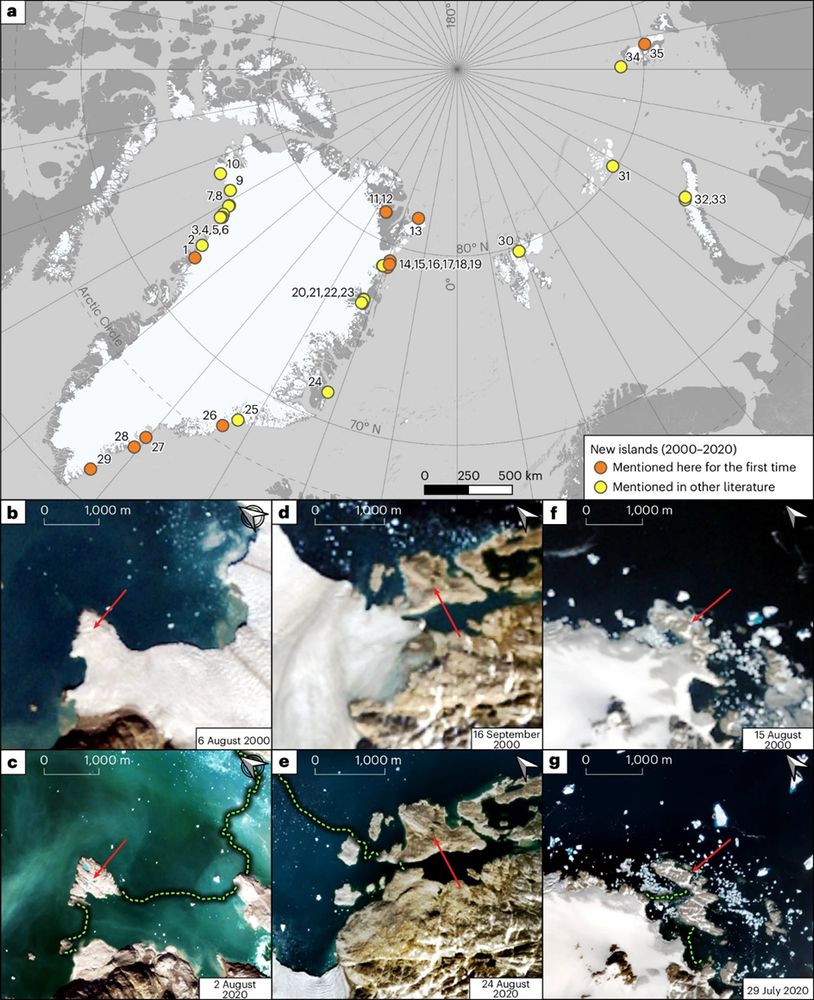
March 21, 2025 at 3:42 PM
But that's not all. As glaciers retreat, they don’t just expose new coastlines—they also uncover new islands. Jan et al. identified 35 new islands larger than 0.5 km², most of them in Greenland.
Valleys that were historically held and stabilized by glaciers may now be much more prone to landslides. And these landslides are already happening in Greenland—some are so massive that they can trigger mega-tsunamis.
www.youtube.com/watch?v=jBmk...
www.youtube.com/watch?v=jBmk...

Tsunami i Nuugaatsiaq
YouTube video by Anguteq Larsen
www.youtube.com
March 21, 2025 at 3:41 PM
Valleys that were historically held and stabilized by glaciers may now be much more prone to landslides. And these landslides are already happening in Greenland—some are so massive that they can trigger mega-tsunamis.
www.youtube.com/watch?v=jBmk...
www.youtube.com/watch?v=jBmk...
For example, these newly formed paraglacial coastlines are highly dynamic, exhibiting high sediment fluxes and rapidly evolving landforms. What does this mean?
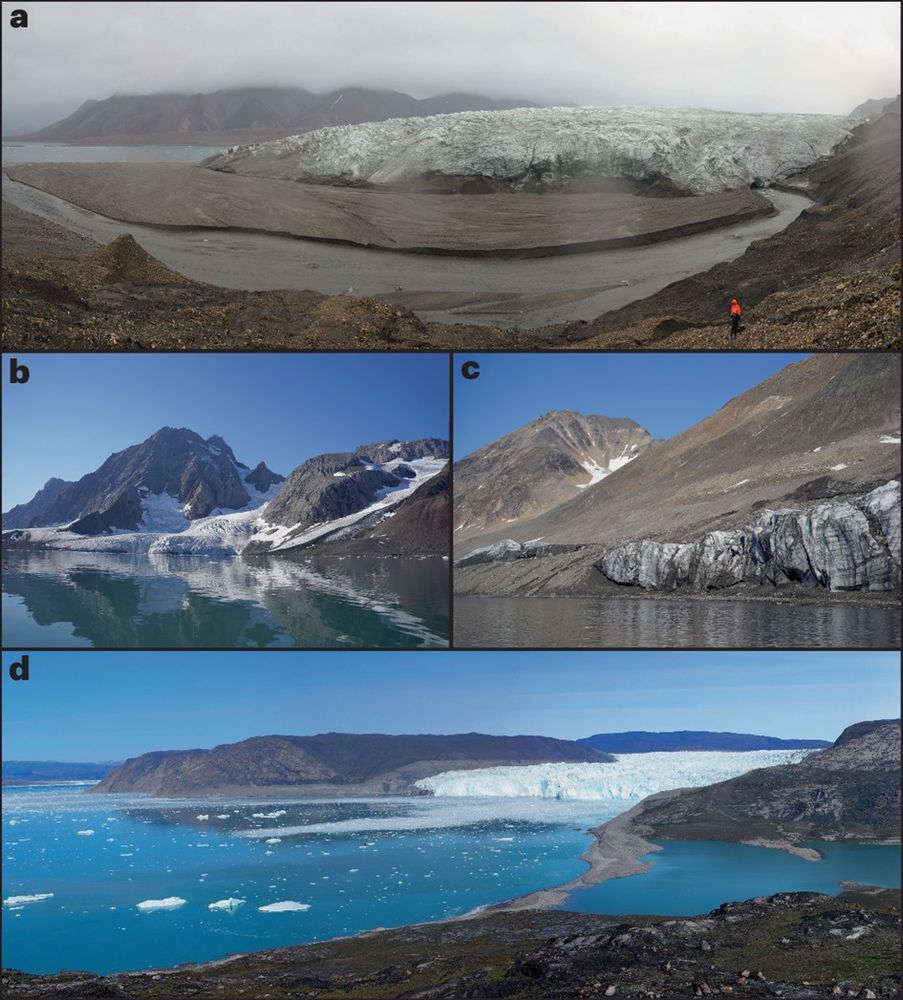
March 21, 2025 at 3:41 PM
For example, these newly formed paraglacial coastlines are highly dynamic, exhibiting high sediment fluxes and rapidly evolving landforms. What does this mean?


